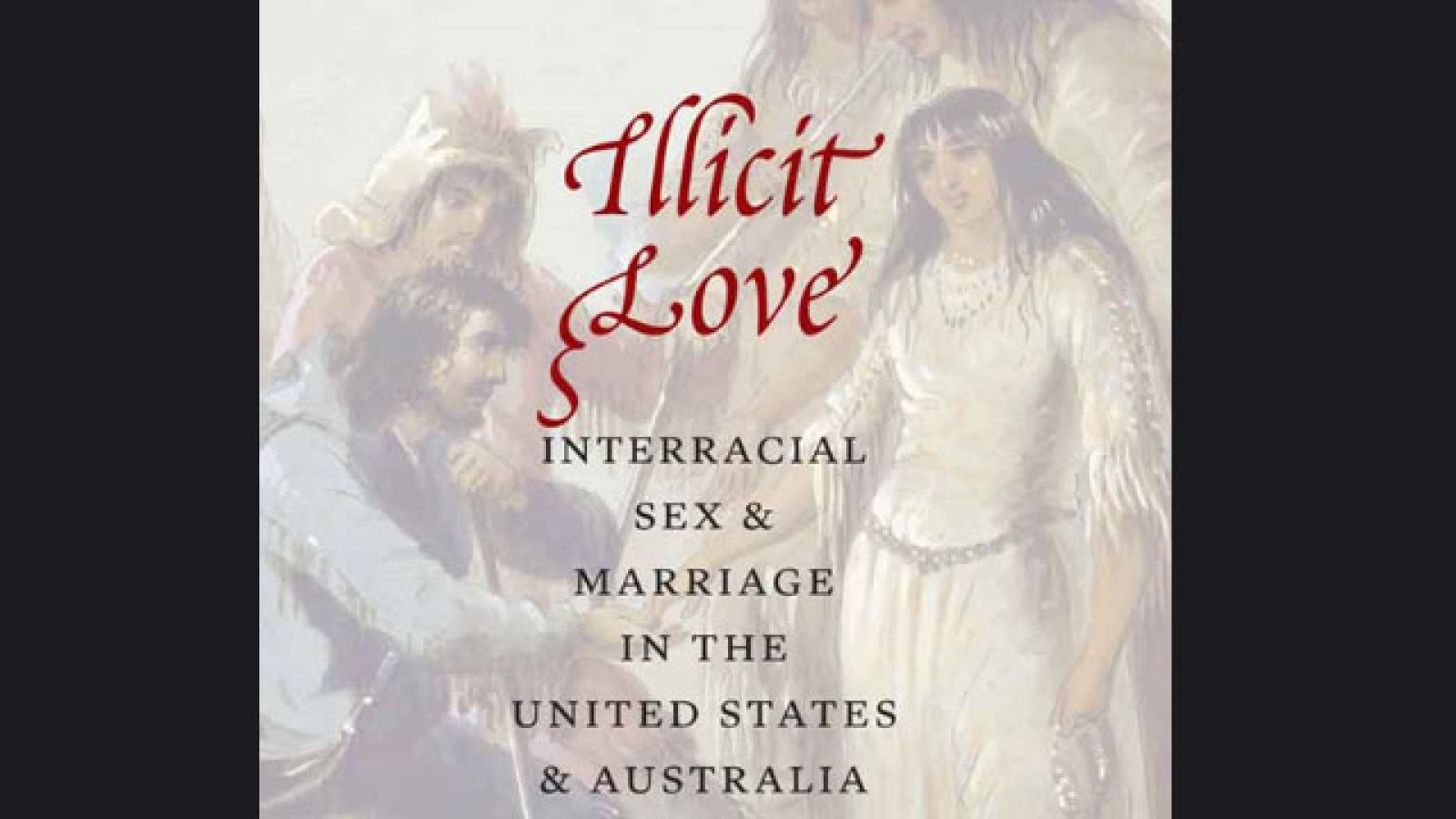Call to acknowledge damaged marriages on Sorry Day

Sorry Day on 26 May is an opportunity to acknowledge children who were forcibly removed from loving families in inter-racial marriages, an historian at The Australian National University (ANU) has said.
Professor Ann McGrath, Director of the Australian Centre for Indigenous History, said state governments, particularly in Queensland and northern Australia, wrenched families apart and banned or restricted inter-racial marriages under the old policies.
“When we think of Sorry Day, we think of the cruel actions of the state in taking the children away,” Professor McGrath said.
“But we should also think of the cruel actions in breaking up families where the parents were willing to work across the ‘races’ and to create families.
“You could say they stole whole families and separated parents, not just children. They stole marriages and their loving, functioning relationships.”
Professor McGrath’s latest book, Illicit Love: Interracial Marriage in the USA and Australia, examines relationships between Indigenous peoples and colonial settlers in the 19th and 20th centuries in both countries. It draws on many letters couples sent each other which contain vivid descriptions of courtships and child-raising.
Professor McGrath said the policies also stole the promise of what she calls the “marital middle ground” where people were negotiating across two laws – Indigenous and non-Indigenous – and two ways of being in the land.
This was a missed opportunity for sharing knowledge between both worlds.
“For example, these white men with Aboriginal partners would have learned the language, the law of marriage – because Aboriginal people had very complex kinship laws and a reciprocal dynamic,” Professor McGrath said.
“Marriage was often the way they were trying to incorporate white society into the land and into their society.
“But by the state introducing coloniser law, and ignoring Indigenous marriage law, there was a death-knell to that marital middle-ground and the two-way law relationships that those families were negotiating.”